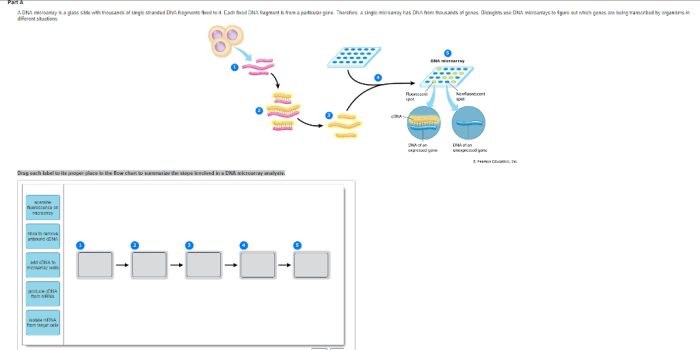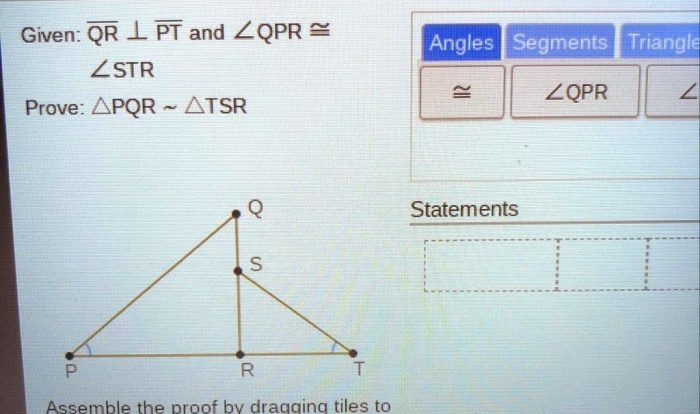I am malala book chapter summary – Delve into the compelling story of Malala Yousafzai, whose book “I Am Malala” chronicles her courageous journey as an advocate for education, inspiring girls and women worldwide.
From her childhood in Swat Valley, Pakistan, to the harrowing attack by the Taliban, Malala’s unwavering belief in education ignited a global movement for human rights and equality.
Introduction to the Book
Malala Yousafzai’s memoir, “I Am Malala,” is a poignant and inspiring account of her journey as a young Pakistani activist who was shot by the Taliban for advocating for girls’ education. The book sheds light on the challenges faced by girls in Pakistan and around the world who are denied access to education due to cultural, religious, and political barriers.
Purpose and Target Audience
“I Am Malala” aims to raise awareness about the importance of education for all, especially for girls. It is written in a compelling and accessible style, making it suitable for a wide range of readers, including young adults, educators, activists, and anyone interested in global issues and human rights.
Early Life and Background
Malala Yousafzai was born in the Swat Valley of Pakistan in 1997. Her childhood was marked by the beauty of the region’s natural surroundings, but also by the growing influence of the Taliban.
The Taliban, a fundamentalist Islamic group, gained control of Swat in 2007 and imposed strict rules on the population, including a ban on girls’ education. Malala’s father, Ziauddin Yousafzai, was a school principal who spoke out against the Taliban’s policies, and his family became a target.
Cultural and Political Context
Swat Valley is a conservative region where traditional gender roles are deeply ingrained. Girls are often expected to stay at home and focus on domestic tasks, while boys are given priority in education and other opportunities.
The Taliban’s takeover of Swat exacerbated these inequalities. They banned girls from attending school and enforced strict dress codes and other restrictions on women. Malala’s family faced constant threats and intimidation, but they refused to give up their fight for education.
Importance of Education
Education was always a top priority for Malala. She believed that education was the key to a better future for herself and for her country. Despite the dangers, she continued to attend school and speak out for the rights of girls to learn.
Malala’s passion for education inspired others. She became a symbol of resistance against the Taliban’s oppression, and her story spread around the world. In 2012, she was shot in the head by a Taliban gunman, but she survived and continued to advocate for the rights of girls to education.
The Taliban and the Attack: I Am Malala Book Chapter Summary
The Taliban’s influence in Swat Valley, Pakistan, grew in the mid-2000s. Their strict interpretation of Islamic law led to the implementation of oppressive restrictions, including the prohibition of girls’ education.
Taliban’s Restrictions on Education, I am malala book chapter summary
The Taliban’s ideology deemed the education of girls as un-Islamic and a threat to their traditional values. They enforced bans on female students attending schools, closed down girls’ schools, and threatened teachers and parents who defied their orders.
Recovery and Activism
After enduring extensive surgeries and rehabilitation, Malala Yousafzai gradually recovered from her injuries and returned to school in her hometown of Mingora. However, the attack had a profound impact on her life, transforming her into a staunch advocate for the education of girls.
Advocacy Efforts
Malala’s powerful voice and unwavering determination propelled her to the forefront of the global movement for education. She has delivered numerous speeches on the importance of girls’ education, including her address to the United Nations in 2013, where she declared, “I raise up my voice not so that I can shout, but so that those without a voice can be heard.”
In 2013, Malala co-founded the Malala Fund, a non-profit organization dedicated to providing access to education for girls around the world. The fund supports initiatives in countries such as Pakistan, Afghanistan, Nigeria, and Lebanon, working to empower girls and break down barriers to their education.
Malala’s advocacy has garnered international recognition and accolades, including the Nobel Peace Prize in 2014. She continues to inspire countless individuals and advocate for the rights of girls, using her platform to raise awareness about the importance of education as a fundamental human right.
Education as a Human Right
Malala Yousafzai firmly believes that education is a fundamental human right for all individuals, regardless of gender or background. She recognizes the transformative power of education and its ability to empower people to break free from poverty, inequality, and oppression.
Malala’s advocacy for education extends beyond her personal experience. She has become a global ambassador for the right to education, speaking at international forums and using her platform to raise awareness about the importance of access to quality education for all children.
Promoting Access to Education
Malala’s efforts to promote access to education have taken various forms. She has established the Malala Fund, a non-profit organization that supports educational initiatives around the world, particularly for girls. The fund provides scholarships, builds schools, and advocates for policies that prioritize education.
Additionally, Malala has been actively involved in campaigns to increase enrollment rates and improve the quality of education in developing countries. She has partnered with organizations such as UNICEF and UNESCO to raise awareness about the challenges faced by girls in accessing education and to advocate for solutions.
Impact of Her Advocacy
Malala’s advocacy for education has had a significant impact on global discourse and policy. Her work has helped to bring attention to the issue of girls’ education and has inspired governments and organizations to prioritize education in their development agendas.
For example, Malala’s speech at the United Nations in 2013 helped to raise awareness about the Taliban’s ban on girls’ education in Pakistan. This led to international pressure on the Taliban and ultimately contributed to the lifting of the ban in 2018.
Furthermore, Malala’s advocacy has inspired countless individuals around the world to become involved in the fight for education. Her story has empowered girls and women to speak out for their right to education and has encouraged communities to invest in the education of their children.
Challenges and Controversies
Malala’s activism has brought her both recognition and opposition. She has faced threats and criticism, as well as controversies surrounding her book and her advocacy work.
One of the main challenges Malala has faced is the threat of violence from the Taliban. After she was shot, she received numerous death threats, and her family was forced to relocate to the United Kingdom for safety. Despite these threats, Malala has remained defiant, continuing to speak out for education and girls’ rights.
Criticism of Her Book
Malala’s book, “I Am Malala,” has been criticized by some for its inaccuracies and its portrayal of the Taliban. Some critics have accused Malala of exaggerating her experiences and of being too critical of the Taliban. However, Malala has defended her book, saying that it is an accurate account of her experiences and that she has no regrets about writing it.
Controversies Surrounding Her Advocacy Work
Malala’s advocacy work has also been the subject of controversy. Some critics have accused her of being too political and of using her platform to promote her own agenda. However, Malala has argued that education is a political issue and that she is simply using her voice to speak out for what she believes in.
Despite the challenges and controversies she has faced, Malala has remained determined to continue her mission. She has said that she will not be silenced and that she will continue to fight for education and girls’ rights.
Impact and Legacy
Malala’s story and advocacy have profoundly impacted the global conversation about education, inspiring countless individuals and driving policy changes.
Inspiration for Girls and Women
Malala’s resilience and unwavering belief in the power of education have made her an icon for girls and women worldwide. She has shown that even in the face of adversity, they can pursue their dreams and make a difference in the world.
Fight for Human Rights and Equality
Malala’s advocacy extends beyond education, encompassing human rights and equality for all. She has spoken out against violence, discrimination, and the suppression of girls and women, advocating for a more just and equitable society.
Expert Answers
What is the main theme of “I Am Malala”?
The fundamental human right to education, particularly for girls.
How did Malala’s activism change her life?
It transformed her into a global advocate for education and human rights.
What is the Malala Fund?
A non-profit organization founded by Malala to support education for girls worldwide.



